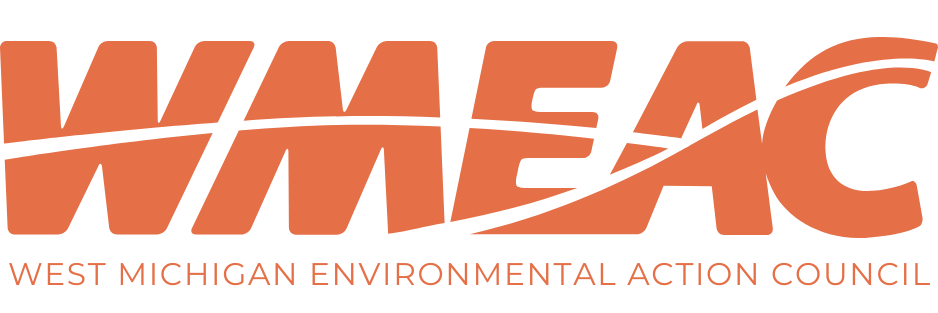By: Marshall Kilgore and Lauren Formosa
Black History Month is a time for us to celebrate the accomplishments of Black-led environmental organizations and encourage people to get involved with these organizations year-round. West Michigan is home to many local groups and initiatives focused on promoting environmental justice and committed to helping our community become more involved in the environmental movement.
Check out these resources to get involved near you:
Outdoor Afro is a national nonprofit network that connects Black people with the environment through leadership and educational programs, recreational activities, and conservation efforts. Founded by Rue Mapp from her hometown of Oakland, California, in 2009, Outdoor Afro’s network spans 32 states including Washington, D.C., and 60 cities.
The Grand Rapids Outdoor Afro community is dedicated to amplifying Black joy and centering Black outdoor experiences by reconnecting the community to West Michigan’s natural spaces. Their events and outings as well as other community recreational opportunities are regularly posted on the network’s Facebook and Meetup pages.
The women of color led collective and nonprofit organization Power to the People 616 focuses on using multimedia, educational programming, and curated experiences to promote art and culture, food justice, environmental sustainability, and health and wellness. Their programs such as Freedom School puts emphasis on “rest as an act of liberation,” creating a safe space for community healing and liberation.
Using restorative art to challenge historically oppressive systems, The Diatribe works with its community to redefine education and create a space for people to express themselves. Founded and run by Black, Brown, and Queer people, the nonprofit comprises nontraditional teaching artists who seek to empower West Michigan youth to use creative outlets to share their stories and confront social injustices. The Diatribe offers free downloadable courses for classrooms and afterschool programs, runs its own courses and summer programs, and developed The 49507 Project to create murals in South Grand Rapids that represent the stories and experiences of its Black and Brown community members.
The Grand Rapids African American Health Institute (GRAAHI), established in 2002, is a leading national organization committed to eliminating racial inequality in local health systems and achieving healthcare equity for the Grand Rapids African Americans community. Their mission is to promote and advocate for equal access to healthcare for all through research and education at both the community and professional levels.
In their efforts to uplift Grand Rapids’ historically marginalized communities and redefine the narrative associated with urban neighborhoods, the Urban Core Collective works to help people of color overcome the effects of systemic racism through self-sufficiency. Composed of six local organizations, the collective engages with their communities to help emerging leaders reach their full potential and provide the needed resources to continue providing educational, economic, health, and leadership aid to Grand Rapids neighborhoods.
Since first convening in 2011, the Michigan Environmental Justice Coalition (MEJC)has worked to address the systemic injustices that have made people of color and low income communities the most vulnerable groups to climate change. Their mission to achieve a clean and healthy environment for all Michigan residents focuses on aligning with both statewide and grassroots organizations to influence policy change. MEJC hosts a biannual Enviornmental Justice Summit, has worked with the University of Michigan to conduct three research projects, works directly with the community to educate on environmental issues, and meets with policymakers at all levels of government to achieve environmental justice.


